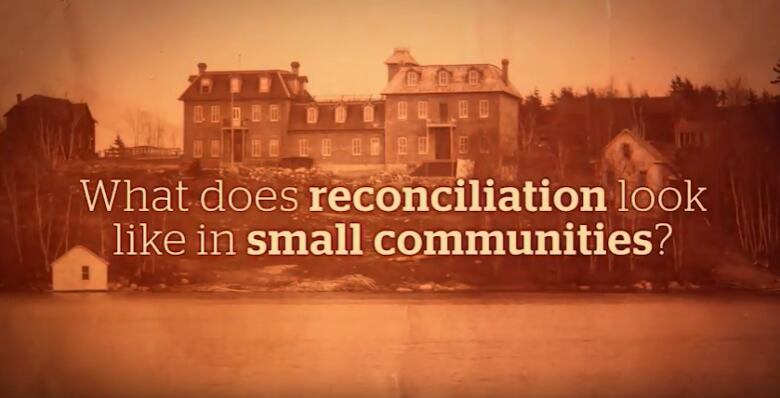Reconciliation in small towns: Is it happening?
A multi-part series about how reconciliation is taking shape outside of big cities

While Toronto, Vancouver, Winnipeg and Victoria have publicly prioritized reconciliation — even proclaiming "years of reconciliation" — seemingly few small communities have followed suit. While limited capacity and resources are factors in small community reconciliation plans, ignorance about what reconciliation is and undercurrents of racism are also at play.
This is what four reporters have found after investigating the state of reconciliation in four communities across Canada: Port Alberni, B.C., Saint Paul, Alta., Prince Albert, Sask., and Kenora, Ont.
The idea for the series began when Discourse Media reporter Wawmeesh Hamilton followed the controversy over renaming a street in his hometown, Port Alberni, B.C. City councillors voted down a plan to change the name of a city street named after a late former MP who had been an Indian Agent who supported residential schools.
"After seeing what was happening in Port Alberni, I thought about just how many First Nations are located near small towns," he said.
"With a lot of news stories focused on big cities, I wanted to look at what was happening in the rest of Canada."
When you consider how small towns fit in the national pursuit of reconciliation, you have to look to the Truth and Reconciliation Commission's 94 calls to action to address the legacy of residential schools, and to advance reconciliation between Indigenous and non-Indigenous people.
While there were calls to municipal and all levels of government, small Canadian towns weren't referred to specifically. That's a concern, Chief Ernie Crey of the Cheam First Nation in B.C. says.
"Small towns weren't considered in the calls to action and they should have been," Crey says.
"The calls to action referenced all levels of government, and some referenced municipal governments, but not all governments are alike."
Proportionally, small towns have a larger First Nations presence than cities but have fewer resources for reconciliation, Crey says.
"Bigger cities with smaller First Nations presence have comparatively more resources to support well-funded and well-prepared projects than smaller towns do."
CBC Indigenous and Discourse Media will release the following stories exploring these issues Jan. 20, Jan. 27, Feb. 3, and Feb. 10:
Renaming controversy reveals racism in Port Alberni, B.C.

A street renaming attempt was met with resistance in Port Alberni, B.C. Afterward, residents grappled with how to achieve reconciliation after having a residential school for so long. The city has since formed a reconciliation committee, and school trustees are considering renaming a school. But can reconciliation be salvaged in this small town?
The long road to reconciliation in Kenora, Ont.
Standing up against racism in St. Paul, Alta.

One small town in east-central Alberta's claim to fame is having the world's first UFO landing pad. Its plaque says "all visitors from Earth or otherwise are welcome to this territory and to the Town of St. Paul." But even though aliens and outsiders are invited, many of the area's own Indigenous Peoples are struggling to feel welcome in St. Paul, which was once considered their ancestral territory.
Inheriting reconciliation in Prince Albert, Sask.
Young people in Prince Albert, Sask., are inheriting reconciliation from older generations. Yet, as they learn about how residential schools have shaped their community, Indigenous youths are still subject to racism. Teachers are among those struggling to break down historical racial divides in the community.